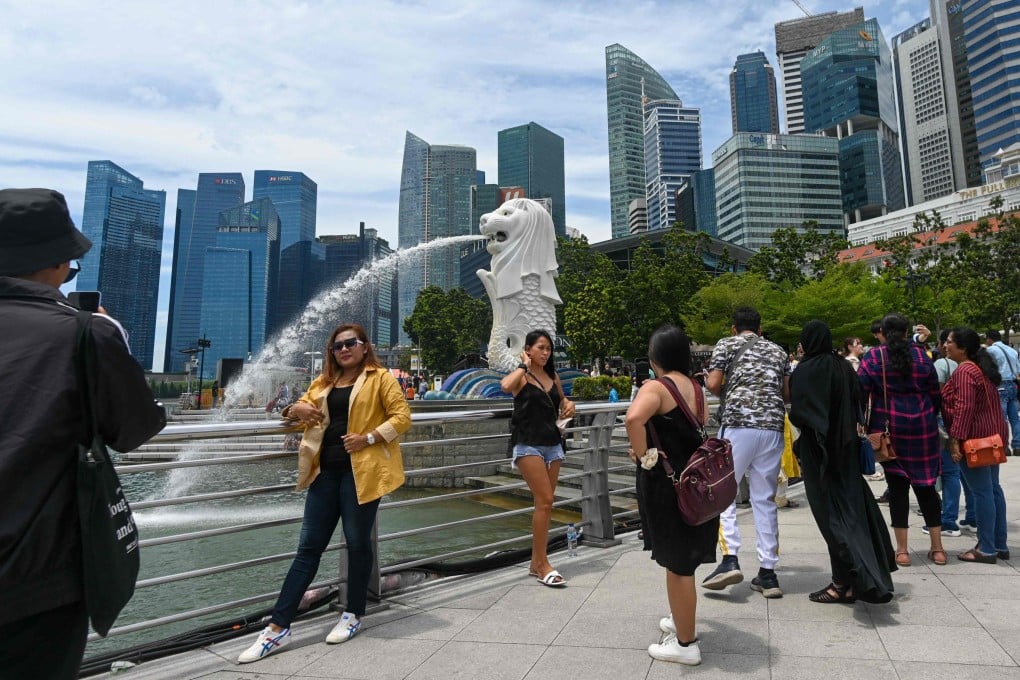Reflections | Hong Kong vs Singapore talent battle recalls rivalry between 2 ancient Chinese states
- During the Spring and Autumn Period (770BC-476BC), China was divided into multiple states that competed with each other
- The Jin state’s poaching of Chu state’s talent led to a saying that refers to one entity losing its talented people to another

In my two decades in Hong Kong, I’ve lost count of the number of times I’ve rolled my eyes whenever the city’s rivalry with Singapore comes up in conversation.
I do not see the same fixation in Singapore. It would appear that the incessant hand-wringing, surely a sign of a deep-seated insecurity, is one-sided. Full disclosure: I am Singaporean.
The latest manifestation of this supposed contest involves schemes launched by the two governments to attract non-local talent.
The mainstream discourse in Singapore calmly reiterates that the pie is big enough for both cities, though many of its citizens are rightly concerned about increased competition in the job market.
In contrast, the radars of Hong Kong officials and pundits have been pinging non-stop, with official speeches, media outlets and YouTube channels going into a frantic battle mode, framing it as a zero-sum game of existential consequence for Hong Kong.
Singapore and Hong Kong need more workers than their own populations can provide. They don’t have hinterlands to meet their manpower needs.
